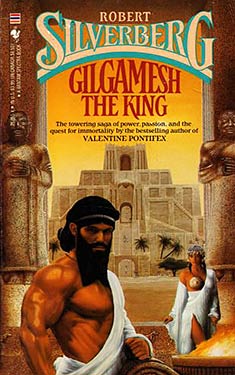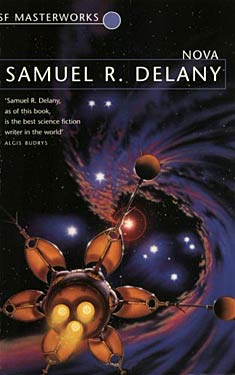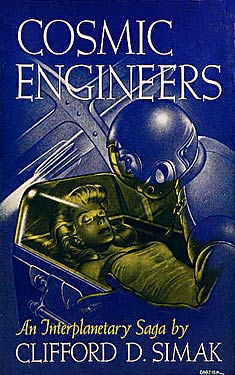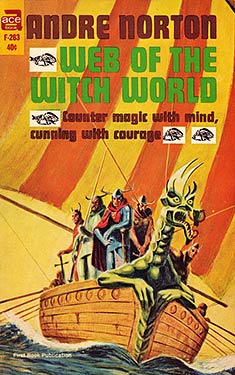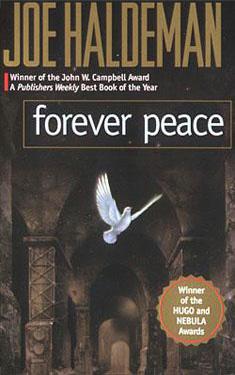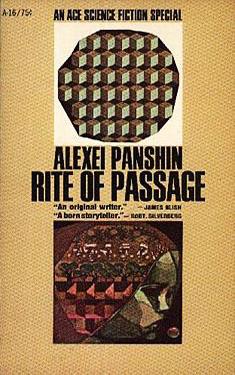Malinda Lo
Completed 9/5/2015, Reviewed 9/8/2015
3 stars
There are a lot of retellings and deconstructions of classic
fairy tales these days. It seems to have
its own subgenre designation, Fairytale Fantasy. Perhaps the most well-known is “Wicked”. Its author has also played with the Snow White
and Cinderella tales. Helen Oyeyemi has
also become well-known for her deconstructions of myth and fairy tales. Having read and loved both these authors, I
went into “Ash” expecting more of the same.
It is, to an extent. It’s
Cinderella with a coming of age Lesbian twist and a more complex relationship
with the realm of faerie than the normal fairy godmother. But the majority of it lacked a certain
warmth that could have really propelled this book into classic status.
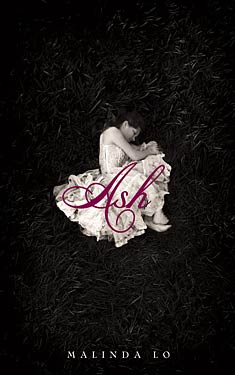 Ash is Aisling, beloved of her parents, and having an
affinity toward magical awareness. Her
mother dies young. Her father remarries
and then soon dies, leaving her an unwanted ward and sole servant of her
stepmother and stepsisters. Then Ash
meets the King’s Huntress. Instead of the
magic being used to meet the prince, its purpose is to bring Ash and the Huntress
together despite the social gap between them.
Ash is Aisling, beloved of her parents, and having an
affinity toward magical awareness. Her
mother dies young. Her father remarries
and then soon dies, leaving her an unwanted ward and sole servant of her
stepmother and stepsisters. Then Ash
meets the King’s Huntress. Instead of the
magic being used to meet the prince, its purpose is to bring Ash and the Huntress
together despite the social gap between them.
I think the lack of warmth comes from how Ash reacts to her
predicament. Like many LGBT youths, Ash
disengages from her feelings, leaving her a cold shell that allows her to
function in her deplorable predicament. This
is understandable, and should be relatable, but I didn’t attain the empathy
that I could have. Perhaps it’s because
this is actually a YA novel. My
experience with YA novels is that they sometimes do lack a sense of depth even
though deep feelings are being explored.
It may be the brevity of the book, or perhaps just a lack of skill of
the author. Even Ash’s falling in love,
first with the mysterious faerie Sidhean, then with the Huntress didn’t quite
gel for me.
The character I really liked was Kaisa, the Huntress. She added the warmth to the novel that was
sorely needed. Like Ash, I spent all the
time between scenes with Kaisa waiting for her.
She’s a strong woman, well-developed as a character. She’s not simply a caricature, like the
prince in many standard fairy tales, but a very human person. I liked Kaisa so much, I’m considering
reading the Lo’s prequel about her.
The book is short, which may be its flaw. Perhaps if the author spent more time with
Ash, allowing us to see the hurt more rather than just the cold husk, the book
would have worked better for me. I
thought all the interpolations of the details of the story were well thought
out, the magic, the relationship with the step-relatives, the more realistic
immersion into a Victorian social structure.
But there was just that warmth missing that left me with a rather
indifferent feeling at the end. I should
have wanted more of Ash, but instead, I wanted more of Kaisa. Perhaps that’s why Lo wrote the prequel: the readers of the book felt as I did. I give the book three stars out of five.
